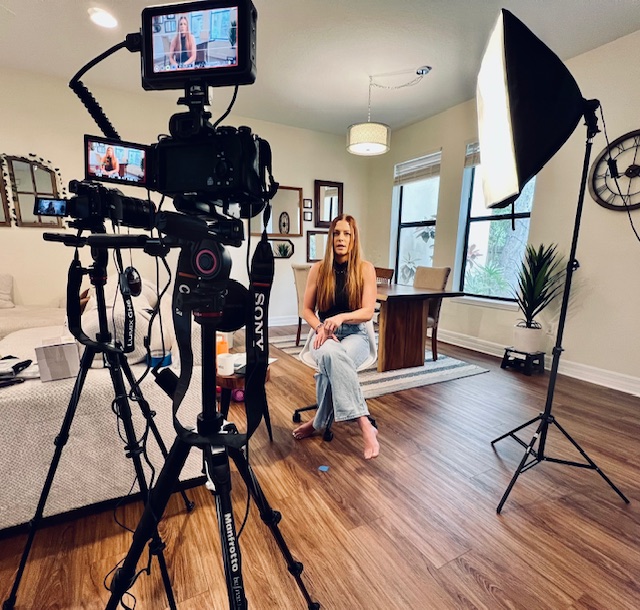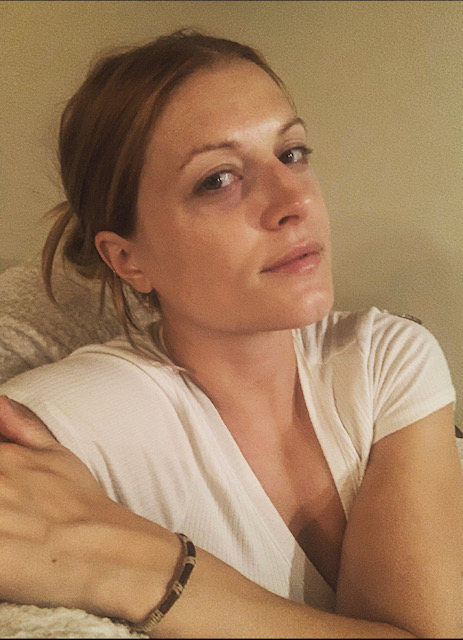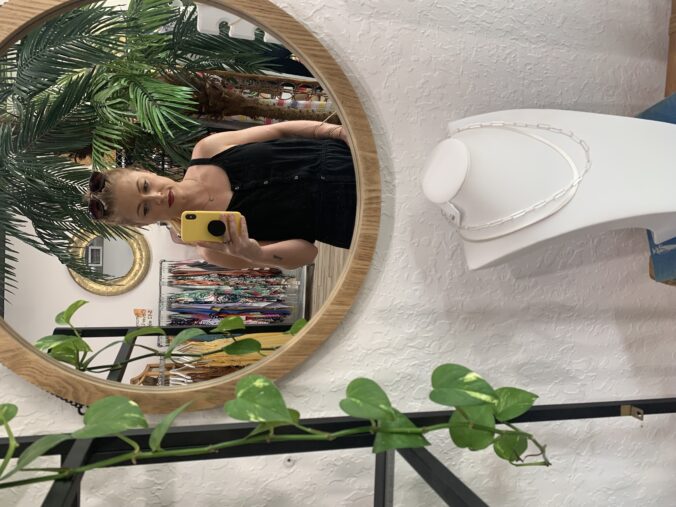Have you ever walked away from a conversation feeling emotionally drained, like you’ve taken on someone else’s stress, anger, or sadness? If you’re in a helping profession, a leadership role, or even just a deeply empathetic person, this experience is probably all too familiar.
Recently, my therapist shared a concept with me that hit home in a big way: Observe vs. Absorb. As someone who has always carried the weight of others’ emotions, taken on guilt that isn’t mine, and felt responsible for everyone else’s happiness—often at the expense of my own—this idea challenged the way I show up for others and, more importantly, for myself.
At its core, this concept is about how we engage with the emotions of those around us. Instead of absorbing their feelings—internalizing their stress, frustration, or sadness—we can observe them. When we absorb, we make their emotions our own, often leading to defensiveness, burnout, or misplaced guilt. But when we observe, we create space to understand, validate, and respond with clarity rather than reaction.
And as my therapist put it, “You don’t take in ANYTHING that belongs to someone else, and no matter how big and bad their storm is raging- you just hold fast as a safe space.”
Why We Absorb
For many of us, absorbing emotions is an automatic response. We might do it because we care deeply and want to help. Some of us feel responsible for fixing things. We may have been raised in environments where emotions were contagious. And sometimes, we struggle with boundaries—where defining where we end and others begin is a real challenge.
Picture yourself as a sponge. At first, we take on small amounts of “water” (other people’s stress, sadness, or frustration). Over time, we get heavier and heavier, holding onto “water” (emotions) that was never ours to carry. Eventually, we become so heavy and saturated that we start to spill over—whether in the form of exhaustion, resentment, or emotional burnout. Instead, we want to see ourselves as an anchor – We hold space for everyone to have their own feelings. We can hold the boat and help strategize their problem.
Choosing to Observe
Observing doesn’t mean we stop caring. It means we witness someone’s emotions without making them our own. It allows us to recognize and acknowledge emotions without being consumed by them. It helps us to stay present without reacting with defensiveness. When we observe, we can respond with empathy rather than absorption, support rather than self-sacrifice.
How to Shift from Absorbing to Observing
- Pause and Name It – When you feel yourself absorbing someone’s emotions, pause and acknowledge it: I see they’re upset. I don’t have to take that on.
- Stay Grounded – Take a deep breath. Plant your feet on the floor. Remind yourself that their emotions belong to them, not you.
(I wrote another blog around this concept here.) - Validate Without Owning – You can acknowledge someone’s emotions without taking them in: “I hear that you’re frustrated. That sounds really tough.” This shows understanding without internalizing their feelings.
- Ask, Don’t Assume – Instead of mirroring their emotions, ask what they need: “How can I support you?” This shifts the focus from reaction to intention and helps the other person clarify what they truly need.
- Set an Emotional Boundary – Imagine a protective shield around you. Visualize emotions passing by you instead of through you. This practice helps me stay grounded and creates an invisible barrier, giving me the awareness to respond intentionally rather than react emotionally.
The Freedom in Observing
When we practice observe vs. absorb, we free ourselves from emotional exhaustion. We maintain compassion without becoming overwhelmed. And most importantly, we show up in a way that is healthier for both ourselves and the people we care about.
Viktor Frankl once said,
“Between stimulus and response, there is a space. In that space is our power to choose our response. In our response lies our growth and our freedom.”
This space is where observation lives. Instead of instantly reacting—absorbing someone’s frustration, sadness, or anger—we can pause. We can recognize that their emotions are theirs, not ours. And in doing so, we gain the freedom to choose how we engage, how we support, and how we protect our own peace.
“You are not required to set yourself on fire to keep others warm.”
-keep shining
Find me: Facebook, Instagram, Pinterest, LinkedIn





Recent Comments